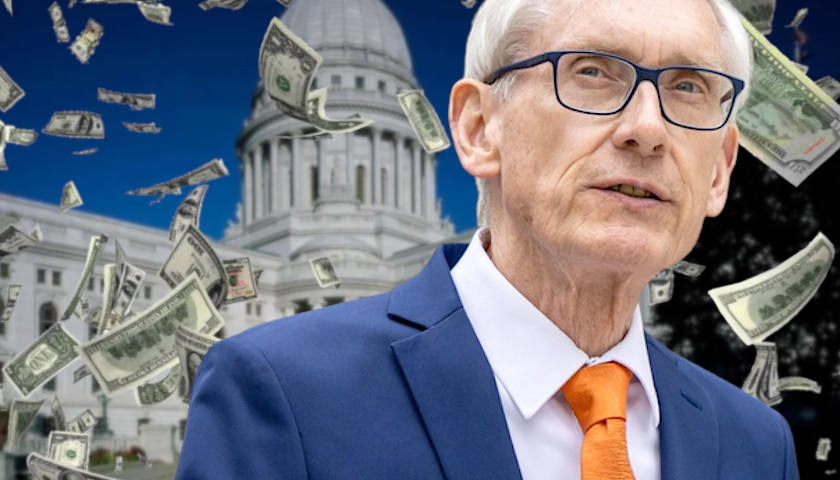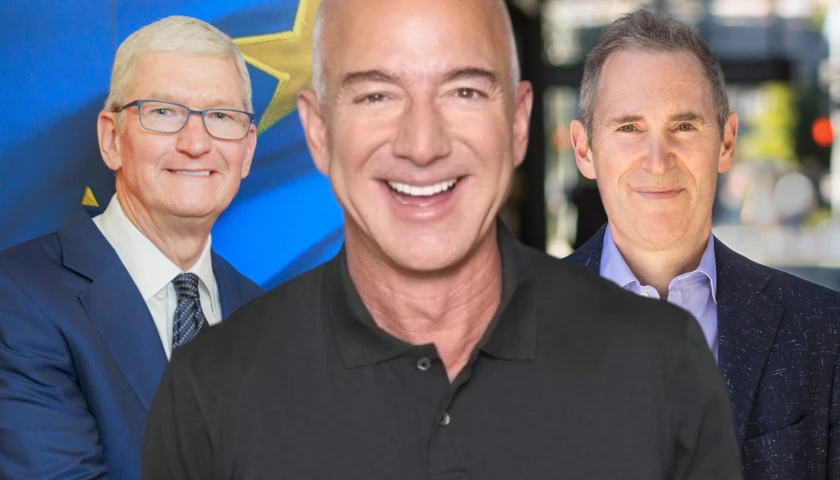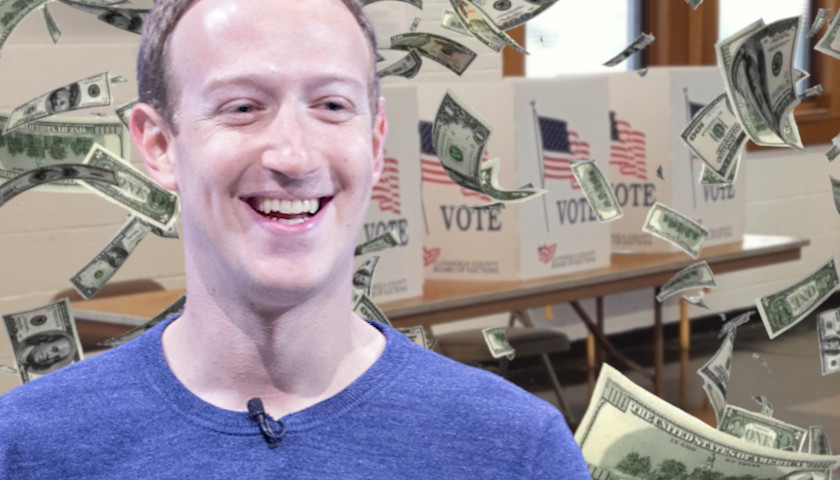by Natalia Mittelstadt
Wisconsin voters may be able to ban “Zuckerbucks” — the injection of private money into public election administration — from their elections next year, before the 2024 general election.
The Center for Tech and Civic Life (CTCL) poured nearly $350 million into local elections offices managing the 2020 election, with most of the funds donated to the nonprofit by Facebook founder Mark Zuckerberg. The nonprofit has claimed its 2020 election grants — colloquially known as “Zuckerbucks” — were allocated without partisan preference to make voting safer amid the pandemic.
After two unsuccessful attempts to enact a ban on Zuckerbucks, the Wisconsin state legislature is working to pass a constitutional amendment proposal for voters to decide on in the April 2024 primary election that would prevent private funding of elections, The Federalist reported.
Critics of the unprecedented level of private funding injected into election administration offices in 2020 argue the grants were awarded disproportionately to boost voter participation in swing state Democratic strongholds. A House Republican investigation found that less than 1 percent of the funds were spent on personal protective equipment. Most of the funds were focused on get-out-the-vote efforts and registrations.
Following controversy surrounding the disproportionate resources funneled to Democratic jurisdictions and claims the imbalance helped sway the election in Biden’s favor, 25 states have either restricted or banned the use of private money to fund elections, while several counties have also restricted or banned the funds, according to the Capital Research Center.
CTCL gave Wisconsin roughly $10.1 million in Zuckerbucks for the 2020 presidential election, which was distributed over “31 grants above the $5,000 minimum to Wisconsin cities and townships,” the Capital Research Center reported. “Three of these grants went to counties, while 28 went directly to specific cities.”
“Out of those 28 grants just 8 of the recipient localities were won by Trump, while 20 were won by Biden. Together, these 20 cities received $9 million or 90 percent of all CTCL funds in Wisconsin,” the report adds.
The Wisconsin state legislature passed bills in 2021 and 2022 that would have, respectively, regulated and banned the use of private money in election administration. However, Gov. Tony Evers, a Democrat, vetoed both bills.
“I am objecting to this bill in its entirety because I object to the ban on governments using private grant funds for election administration,” Evers wrote in his veto of the most recent bill banning Zuckerbucks.
“Regardless of the source of additional funding for election administration, election administrators must always run elections according to state and federal law,” Evers later added. “By prohibiting donations or grants to election agencies, this bill unnecessarily restricts the use of resources that may be needed to ensure elections are administered effectively.”
As a result of the vetoes, the Republican-controlled state legislature is seeking to put a constitutional amendment on the April 2024 primary ballot for Wisconsin voters to decide whether to ban Zuckerbucks. The constitutional amendment has been introduced in the state legislature and is expected to be voted on in the General Assembly this month.
“I am honored to be a supporting author on the constitutional amendment prohibiting outside money from influencing our elections and election processes,” amendment co-sponsor and state Rep. Ty Bodden (R) said in a statement posted on X (formerly Twitter) late last month.
“We all know Zuckerbucks played a terrible role in the 2020 election and that must never be allowed to happen again,” he later added.
While the Wisconsin governor has prevented the enactment of a statewide ban on Zuckerbucks, counties in the state have implemented their own local restrictions and bans. Thus far, 19 counties in Wisconsin have enacted Zuckerbucks bans, according to the Wisconsin Voter Alliance.
Amid the Zuckerbucks bans, however, CTCL has found a legal loophole in some instances with its U.S. Alliance for Election Excellence, a project that awards funds to counties and municipalities under the Centers for Election Excellence program. The alliance will provide $80 million over five years “to envision, support, and celebrate excellence in U.S. election administration,” according to CTCL.
“[T]he Alliance has begun to expand into states with bans or limits in place including Cache and Weber counties in Utah and DeKalb County in Georgia,” the election integrity watchdog, the Honest Elections Project, wrote in an April report.
“Banning private election funding is a necessary step to thwart the influence of private election funding, but the Alliance’s expansion into states with these bans is proof they are not a silver bullet,” the report later added. “Vigilant oversight by lawmakers, rigorous reporting requirements, additional changes to state laws, and total transparency from election offices are also key to maintaining the integrity of elections.”
While only federal campaign finance laws apply to candidates and groups participating in federal elections (i.e., congressional and presidential elections), states can enact and enforce their own campaign finance laws for state and local elections. Idaho, Montana and North Carolina have also advanced legislation to either enact or tighten existing bans.
– – –
Natalia Mittelstadt is a reporter at Just the News.





